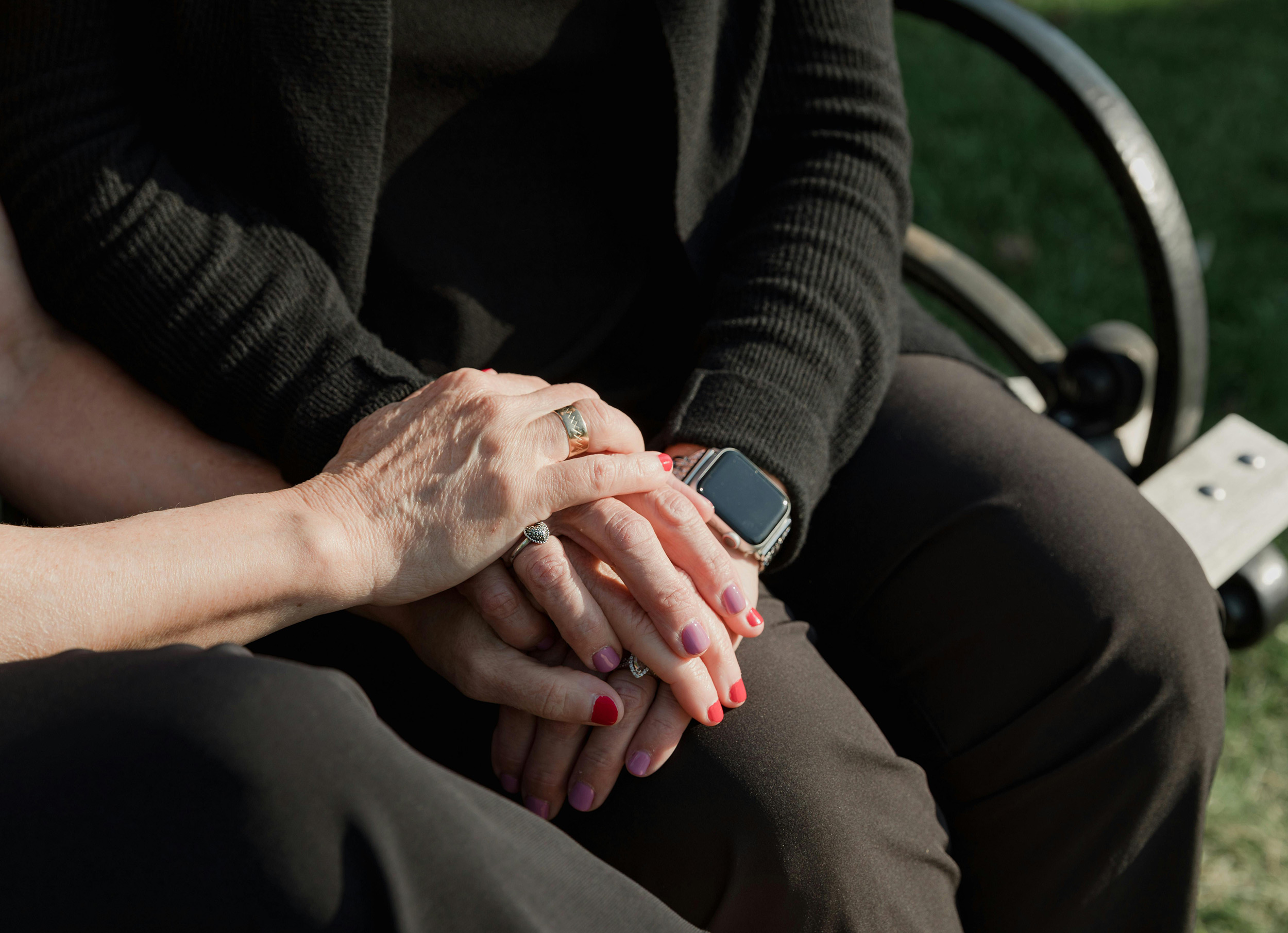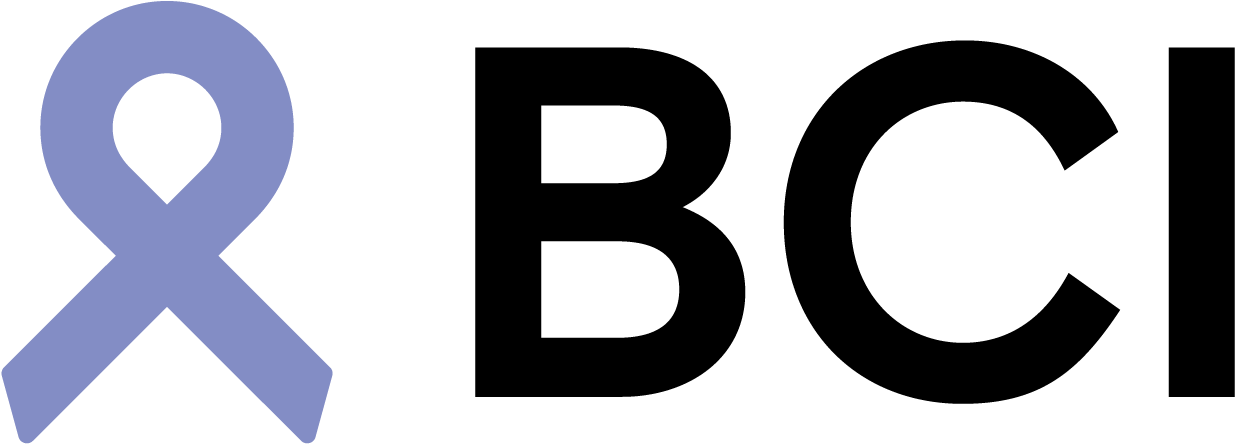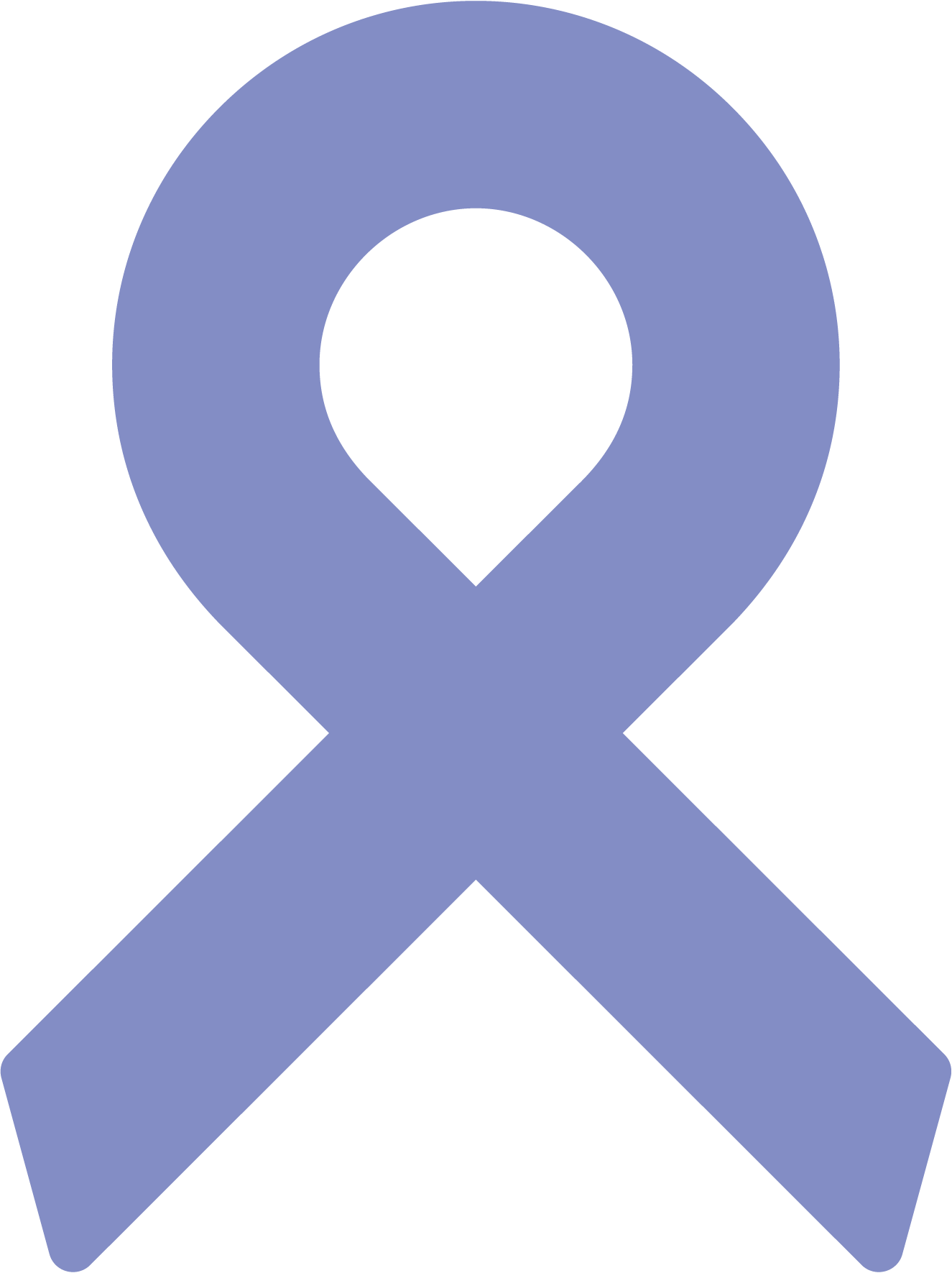- Cancer Information
- Palliative Care
Palliative Care
'Palliative Care is everyone’s business.'
Palliative care is the general support of diseases that cannot be cured and may include some cancers and some life limiting illnesses. It may involve symptom management, emotional support, and care at home. It is not only about end of life care – it’s about living well with the illness as long as possible. All staff in hospitals and community can help support Palliative needs.
The link below will provide you with useful information and sources of support from Macmillan.

What is Specialist Palliative Care (SPC)?
Specialist Palliative care means the care and support you might need if you have a more complicated/ life-limiting illness. The needs of the person vary but it can include complex symptoms:
- help to manage difficult symptoms like complex pain or sickness
- high level emotional support
- advice about practical problems such as money
- support with planning ahead/ advanced care planning
- support for the people close to you and who matters to you
- practical nursing and personal cares
- care in the last months, weeks or days of life.
Who provides Specialist Palliative Care (SPC)?
Specialist Palliative Care is specific, complex help that is provided by Macmillan Nurses/ Clinical nurse specialists/ Hospices/ specialist Consultants. It can be given in hospital, in your own home, or in the community. People sometimes think specialist palliative care only means end of life. But it means much more than this. It can be any illness that cannot be cured and often includes complex cancers. Specialist Palliative Care Practioners work alongside District nurses/ GPs and hospital staff, helping and advising on these complex issues.
Here are some things that cancer patients might need:
- Support and advice- cancer is sometimes all encompassing and you may need help to find support or information to help you cope. You might get this from your Oncology team/ Specialist palliative care team or at your regular appointments with health care professionals. In addition, your cancer complimentary therapy centre/ or local hospice might run workshops or support groups that you can go to. These types of support are often also available for other people who are close to you if needed.
- Symptom control- Specialist Palliative care health professionals are experts at managing the symptoms caused by your cancer.
- Palliative cancer treatment- You might have cancer treatment that is described as palliative. This means the aim of your treatment is to manage symptoms caused by the cancer and to improve your quality of life. For example, radiotherapy can be used to improve pain caused by cancer in an area of bone. Surgery can be used to remove some of the tumour and ease pressure on the nerves for instance, or even chemotherapy to ‘mop up any cancer cells’. Whatever the options offered to you as an individual will be explained by your specialist healthcare team alongside any potential side-effects. Together you will decide the best way forward.
Palliative care near me
Palliative care and Specialist Palliative Care services can vary depending on where you live. It is best to talk with your health care professional. They may be organised slightly differently in different places. This can be confusing. It can be difficult to know what is available in your area and what you should be offered.
You can find out how things work in your area by asking your cancer doctor, specialist nurse, GP or another person in your healthcare team. Often your GP or cancer team are involved in your care. For example, they can help with certain symptoms, or support you with advance care planning. They can also refer you to a specialist team if you need more specialist support or care. This might include:
- Hospital specialist palliative care teams – who can visit you if you are in hospital or attending a clinic appointment.
- Community palliative care team – In some areas these maybe linked to a hospice. Members of the team can visit you at home or in a care home. Or you may access their support at a hospice day case service or clinic.
Find out more in your area
Your GP practice is often your first and main point of contact for healthcare. They can tell you about services available in your area. They also often help coordinate and manage your care with the right person or service. This includes any palliative or specialist support you might need at different times in the cancer journey.
Locally here in Barnsley there is a Specialist Palliative care team based at the hospital that would see you or advise your admitting Dr/ team that needed their help & support.
There are also community palliative care teams that your GP or specialist teams can refer you to if you are struggling with symptoms from your cancer.
Both these teams work alongside other healthcare teams in hospital and community. Every member has an important role to play in supporting you and your family. There is also “The Well” which is the hospitals’ Complementary therapy and Cancer Information Centre, which is based in Barnsley town centre on Regent Street. The centre is available to support the patients in so many ways through therapy, classes, coffee mornings etc.
Also located in Gawber on Church Street is Barnsley Hospice – for a small number of patients with the most complex needs which is there to support both you and your loved ones. Providing services such as lymphoedema therapy, classes, counselling and complementary therapies. Please ask your healthcare team about referrals to the hospice so they can provide any further information and make any necessary referrals. The link below also will provide further information on the Hospice and all it is able to offer you and your family.
Macmillan Cancer Support
Support is also available from Macmillan Cancer Support which is a national charity that helps communities such as Barnsley pay for services/ staff and supply leaflets and booklets offering advice and support as well as a telephone support line which is free to ring and open 8am-8pm on 0808 808 00 00 or talk to us online – our cancer information and support specialists can offer guidance and help you find what you need.
Sign up from support from a Macmillan Buddy – a weekly call or visit from a volunteer who understands what you’re going through.
Our course Help to Overcome Problems Effectively (HOPE) helps people during and after cancer treatment. It is a free, interactive, group based, self-management support course. It runs for 6 weeks, with each weekly session lasting 2.5 hours.
To find out more about HOPE courses in your area, email this address or contact your local team ServiceOpsSupport@macmillan.org.uk


